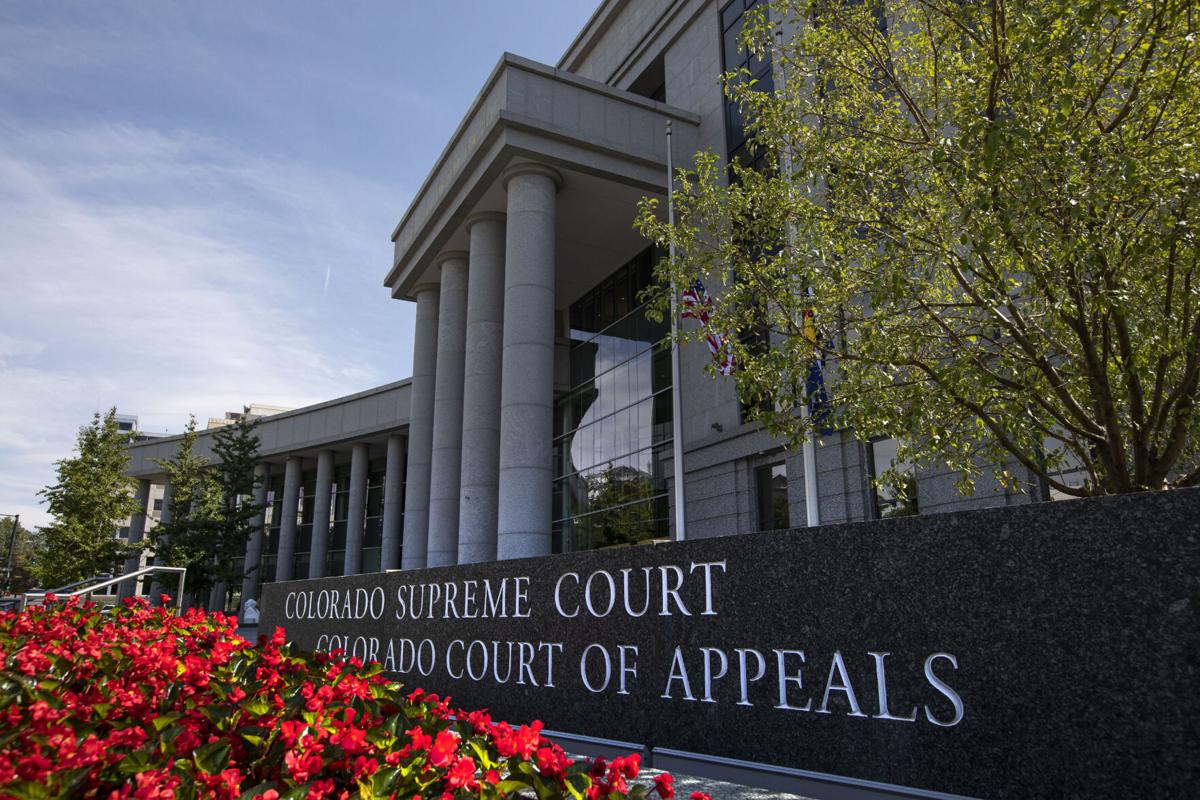Colorado Supreme Court committee advances election-related change, goes back to work on magistrate rules
The Colorado Supreme Court’s civil rules committee approved a procedural change on Friday for court challenges to presidential electors, a move that complies with legislation passed this year.
The committee also heard from the Supreme Court that it must perform further work on proposed changes to the rules governing magistrates, after the justices heard criticism from some judges and attorneys this week.
State lawmakers enacted Senate Bill 210 during the 2024 legislative session, addressing a wide range of elections topics. One provision added new language for legal challenges to presidential electors, requiring filings in the Supreme Court within 24 days of Election Day and obligating the court to prioritize such challenges “over all regular business.”
Rep. Emily Sirota, D-Denver, who was one of SB 210’s sponsors, told Colorado Politics the addition was intended to bring Colorado into compliance with the federal Electoral Count Reform Act of 2022. Congress clarified the process for certifying presidential results following the attempt by supporters of former President Donald Trump to disrupt the counting of 2020 Electoral College votes and overturn the election results.
Justice Richard L. Gabriel, the Supreme Court’s liaison to the civil rules committee, explained that SB 210’s addition conflicted with existing procedures for elections challenges, necessitating a rule change.
“This is a matter of urgency. We have an election coming up in a little less than 40 days. We have to have this rule modified before that,” he said.

FILE PHOTO: Colorado Supreme Court justice Richard L. Gabriel asks a question during oral arguments of the Arnold R. Martinez v The People of the State of Colorado case during Courts in the Community on Thursday, Oct. 26, 2023, at Gateway High School in Aurora, Colo. (Timothy Hurst/Denver Gazette)
Gabriel, in consultation with the Colorado Secretary of State’s Office and the legal counsel for the chief justice, proposed slightly more detailed guidance for presidential elector challenges. A voter would need to file with the secretary of state’s office a written statement outlining the challenge while also filing a petition with the Supreme Court.
Although SB 210 did not impose a requirement to submit a challenge to the secretary of state, Gabriel said the office needs notice that a challenge is occurring.
“We filled the hole that the legislature left open by having a procedure for what you do with a presidential elector,” he said.
The rules committee approved the revisions unanimously and they now go to the Supreme Court.
Magistrate rules
Earlier this week, the Supreme Court held a hearing on proposed changes to the procedures governing magistrates, which the civil rules committee had worked on for five years.
Magistrates are judicial employees who are not judges but who handle aspects of cases in the trial courts. Litigants may consent to magistrates being the final decision maker in certain proceedings, but judicial rules also permit magistrates to address matters without consent. In those circumstances, before there can be an appeal to the Court of Appeals, a litigant will need to seek review from a trial judge.
The proposed changes would establish a single avenue for reviewing magistrates’ decisions — first by a district judge and then by the Court of Appeals — and impose new timelines.
Court of Appeals Judge Jerry N. Jones, who chairs the civil rules committee, announced that the Supreme Court was not ready to accept the changes and had instead directed further work to address the concerns it heard.
“The biggest issue is probably whether having a single track, where everything goes through the district court, is going to place an untenable burden on district court judges,” Jones said, referring specifically to domestic relations matters. “It’s not the only concern, but it’s the biggest one.”

Judge Jerry N. Jones of the Colorado Court of Appeals
In an email Gabriel sent to the committee two days after the hearing, he floated the idea domestic relations matters may merit their own magistrate protocols, but the Supreme Court had not “pre-judged” the issue. At the committee meeting, he elaborated that complaints about the ability of trial judges to handle magistrate appeals in addition to their own dockets came primarily from the 17th and 18th judicial districts surrounding Denver.
“There was a sense of, ‘We do it different than other districts and we need to be heard,’” Gabriel said in suggesting judges from those jurisdictions be part of the renewed effort to scrutinize the rule change.
“We don’t have a dog in this hunt. We wanna do what’s right,” Gabriel continued. “But the concerns about the massive workload and effect on domestic relations judges in particular is something we have to pay attention to.”
Other business
The civil rules committee talked about imposing either page limits or word limits on appeals of county court rulings to district courts. Multiple judges expressed support for one type of limit or the other.
Jones also said the Supreme Court has given the go-ahead for the chairs of various committees to comb through the existing procedures and revise with gender-neutral language.
Finally, Jones indicated he would form a subcommittee to look at whether Colorado’s rule addressing judges who are incapacitated before the end of a trial should be harmonized with its federal counterpart.
[related_articles]







